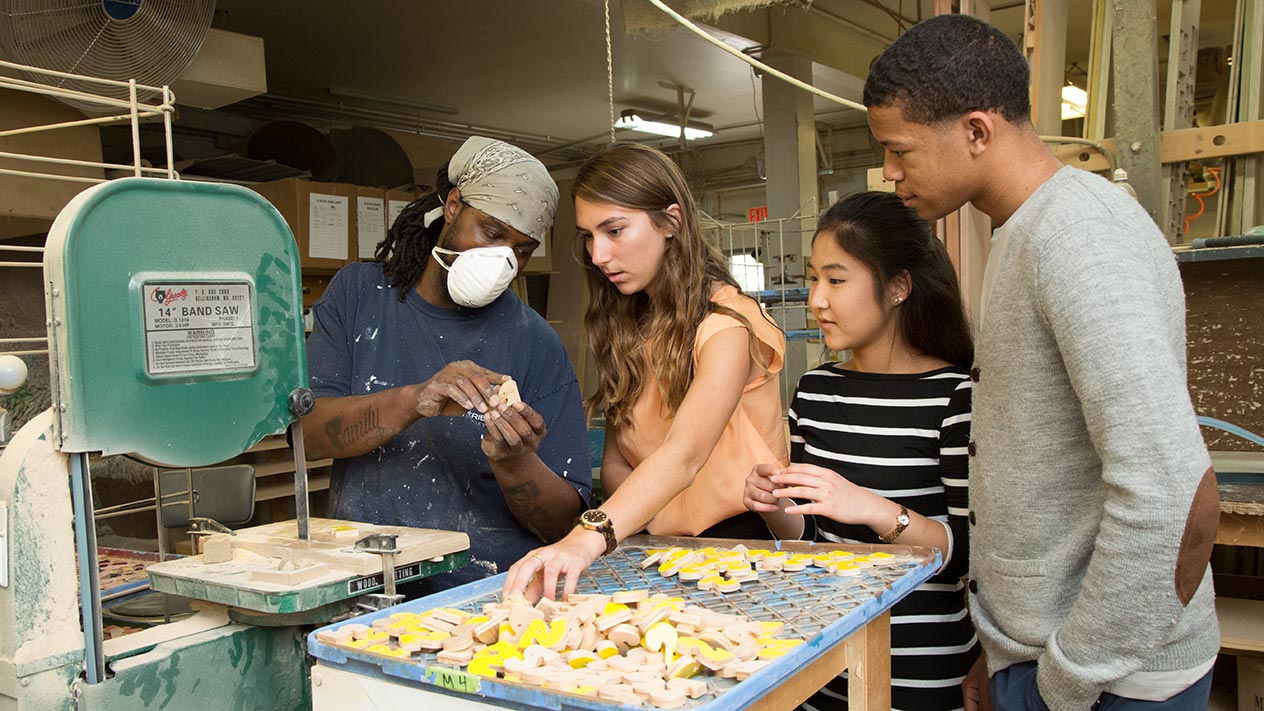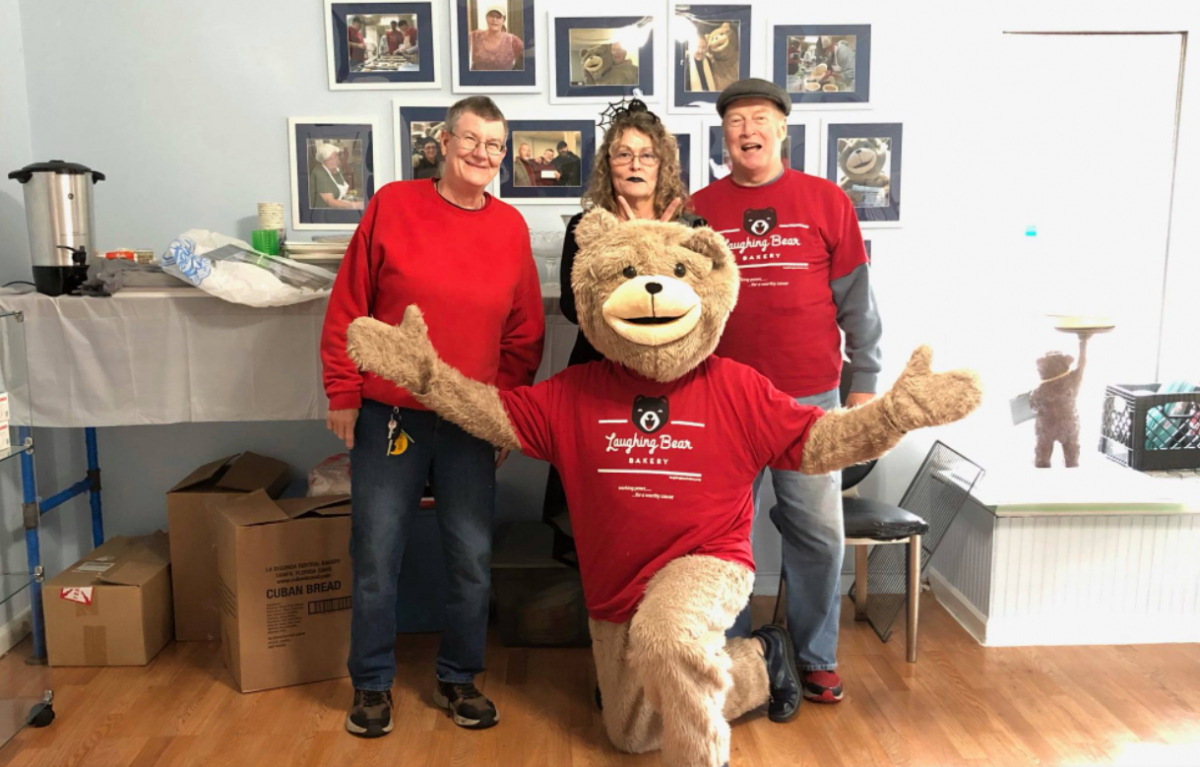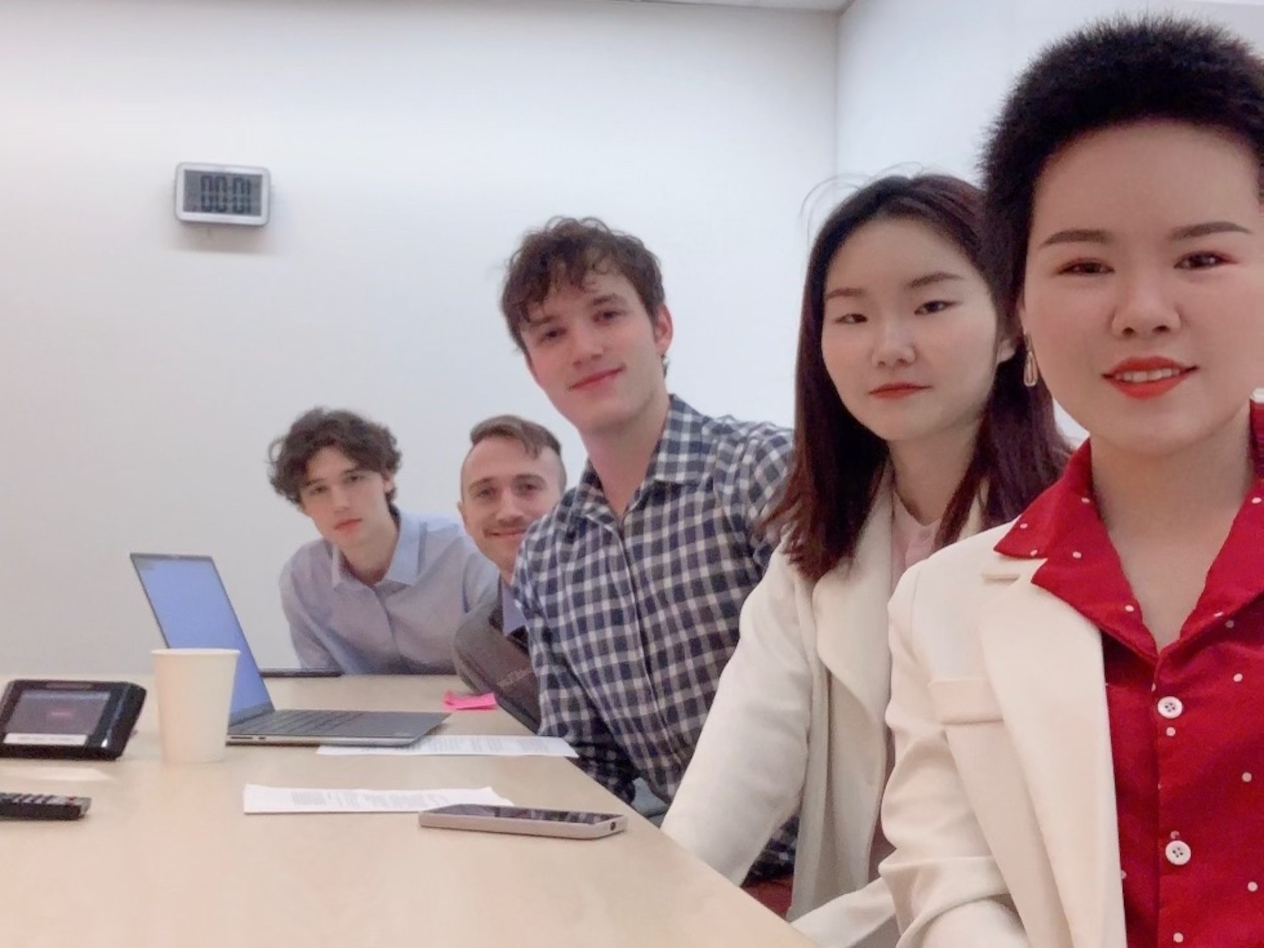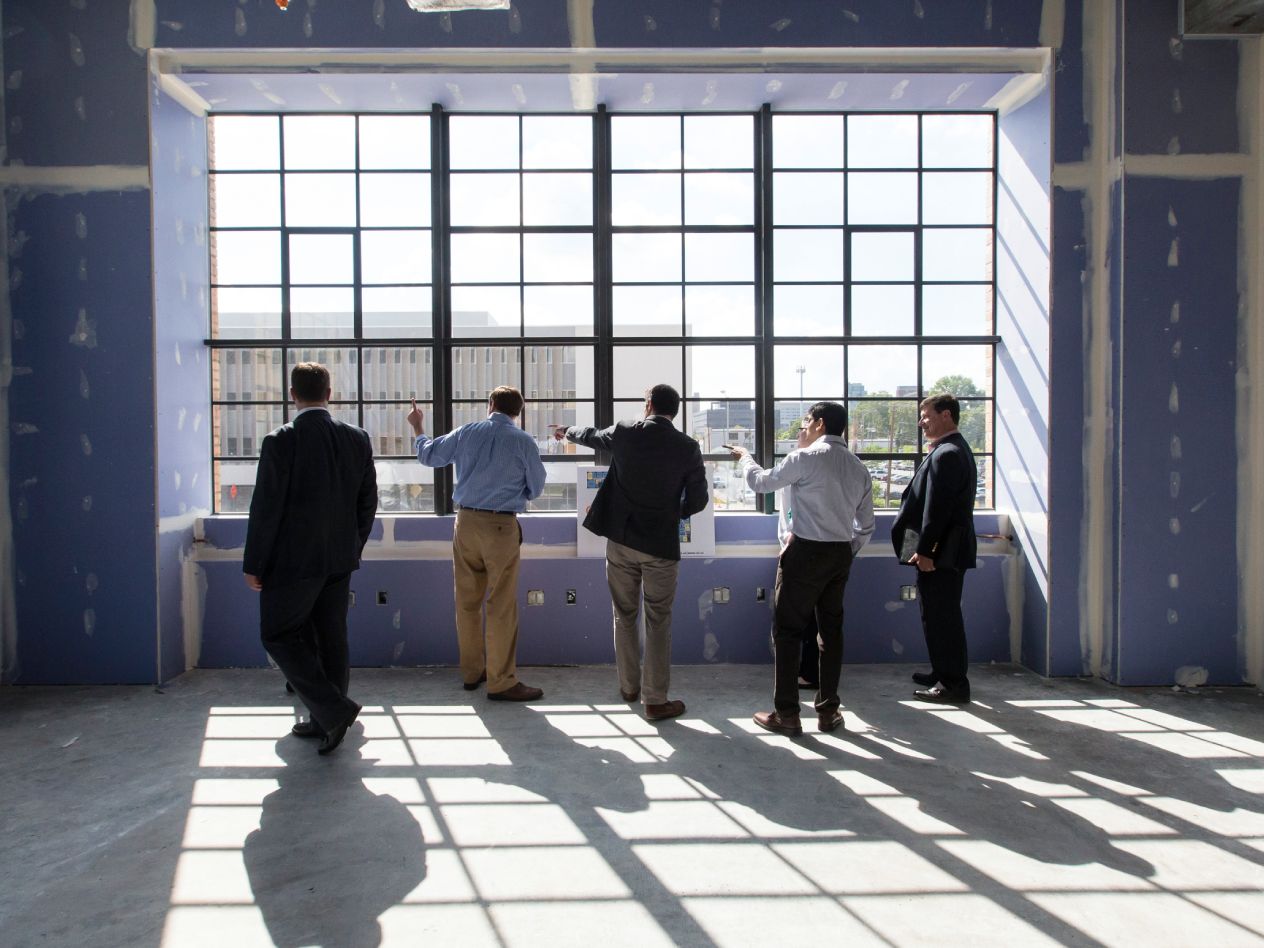Learn by Doing

The Center for Experiential Learning
Integral to the Olin advantage is our commitment to hands-on, real-life problem-solving.
Dedicated to this commitment is our Center for Experiential Learning (CEL), where you'll find real-world projects to learn through Values Based, Data Driven™ practice and application.
The CEL is like no other class at Olin. You get a real-world problem to solve, and you do with a diverse student team. It’s very practical and the projects they give you are always really interesting.
Justin Matthews, FTMBA 2023
CEL by the Numbers
1,100 students
participated in CEL projects
2022 calendar year
115 organizations
engaged with the CEL
2022 calendar year
45 local clients
participated in the Small Business Initiative
2022 calendar year
200% growth
in CELect startup consulting
Where Theory Meets Practice
-
CEL Practicum Program
This experiential learning program is a 14-week, team-based consulting project that can take place anywhere around the globe. Student participants are immersed in real-world critical thinking and problem-solving with corporate leaders from companies of every size and sector. Learn about how participating companies benefit from this program.
Eligibility: WashU graduate students, WashU undergraduate students (3rd and 4th years)
Teams: 4 to 6 students
Timing: Full semester (fall and spring)
Credits: 3.0 -
CFAR Practicum
The CFAR Finance Consulting program allows students to collaborate as a team with financial organizations and use various analytic tools to solve complex and dynamic challenges organizations face.
Eligibility: Olin Graduate Students (MBA & SMP)
Teams: 4 to 6 students
Timing: Full semester (fall and spring)
Credits: 3.0 -
Small Business Initiative
Collaborate with small businesses in St. Louis on semester-long consulting projects. Participants work in teams to address the company's obstacles and make actionable recommendations that can immediately impact their bottom line. Discover the ways small businesses benefit from our SBI.
Eligibility: All WashU undergraduate
Teams: 4 to 6 students
Timing: Full semester (fall and spring)
Credits: 3.0 -
CELect (CEL Entrepreneurial Consulting Team)
If you're passionate about the startup ecosystem, this is your chance to work with local entrepreneurs in technology, life sciences and other exciting sectors. One of these opportunities is CELect, an 8-week team-based program that includes consulting experience and interaction with the startup leadership. Explore the ways these teams benefit the local startup environment.
Eligibility: All WashU students
Teams: 4 to 5 students
Timing: 8 weeks (fall and spring)
Credits: 3.0 -
Taylor Community Consulting Program
Work directly with a St. Louis-based nonprofit organization with 501c3 status to create positive change for our local community. This team-based program has partnered with such institutions as the Boys & Girls Club of Greater St. Louis, the International Institute of St. Louis and the American Red Cross.
Eligibility: All WashU students
Teams: 4 to 6 students
Timing: Full semester (fall, spring), 8 weeks (summer)
Credits: 3.0 (fall and spring), 1.5 (summer) -
Olin/United Way Board Fellows Program
This unparalleled leadership experience gives Olin MBA, Professional MBA and dual-degree students (law or social work) the opportunity to serve on the board of a local charitable organization for a calendar year. Vested with full voting rights as an official board member, you gain real-life practice in governance, nonprofit management, and community diplomacy and representation.
Eligibility: Full-Time MBA, Professional MBA, Executive MBA, social work and law students
Teams: Individual opportunity
Timing: Calendar year (January to December)
Credits: 1.5 (spring) and 1.5 (fall) (full year participation required) -
Marketing Metrics
Apply your analytical skills to solve the challenges of St. Louis-based startups in half-semester, team-based consulting projects. Discover how local small businesses benefit from these clinics.
Eligibility: All Olin students
Teams: 2 to 6 students
Timing: 8 weeks (fall and spring)
Credits: 1.5 -
CEL Summer Virtual Consulting Program
Over the summer, students participate in short-term CEL projects for a variety of organizations virtually.
Eligibility: Olin undergraduates (rising 2nd and 3rd years), specialized master’s students
Teams: 4 to 6 students
Timing: 6 weeks
Credits: 1.5
Practicum Projects
Olin students consult for organizations of all types and sizes to help solve their unique challenges.
Forecasting project for New BalanceGlobal Impact
Develop business competency on a global scale with one of our study-abroad or consulting opportunities like the Madagascar Sustainability Initiative.
Explore international work study
Meet a Local Nonprofit Partner
Discover how Olin students made a positive impact on a St. Louis-based organization via consulting and volunteer experiences.
Nonprofit bakery builds job skills
Students and Startups
The CEL matches students to local startups fostering innovation, growth and opportunities.
Consulting on Carma auto repair app
